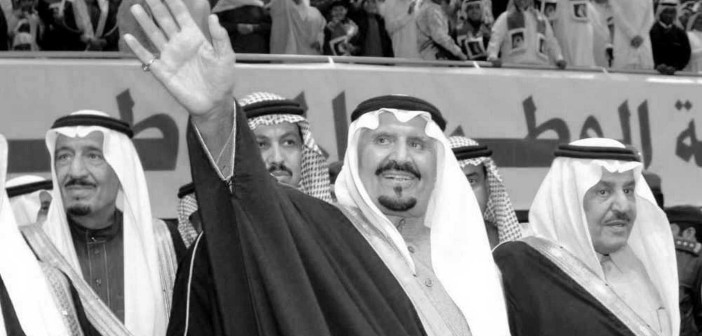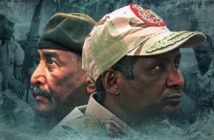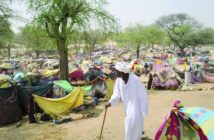The current image of the Kingdom of Saudi Arabia continues to take a hit. Earlier this month was the one year anniversary of the murder of Jamal Khashoggi in the Saudi Consulate in Istanbul, Turkey. The situation in Yemen continues to fester and earlier this summer a series of UAV strikes targeted the country including the Petroleum Industry.
So in the second week of October 2019 it was announced that removing Sudan from the US list of State Sponsors of Terror would be a key focus of the Foreign Policy of the Kingdom. During the last days of the Obama Administration in 2017 the process of the United States actually began. However the final decision on whether or not the sanctions being lifted or not was passed on to the Trump Administration and be determined within six months. The sanctions that were lifted by President Obama were approved but no further reductions have been warranted.
However 2019 has been a year of change in Sudan. A series of protests that began over the increased prices of both Bread and Fuel led to a series of events that has led to the ouster of long standing President Omar al-Bashir and his trial for corruption. During the trial it was discovered that several suitcases full of cash was actually funds sent to Sudan by Mohammed Bin Saldin the current de facto leader of the Kingdom.
One may ask why would the Kingdom push for this? The quick and easy answer is that there is currently a new Government in Sudan and that it deserves to have a clean slate as it begins the process to transition to civilian governance after elections. But there is a reason for Sudan to remain Sanctioned until new elections are held.
However there is a major concern that needs to be addressed. That is the status of General Hefteri who as commander of the Rapid Support Forces (RSF) also was indicted for his actions in Darfur. RSF units were very adept at cracking down on protesters in Khartoum during the final days of the Bashir regime. Also there are now allegations that the RSF have been providing weapons to Seleka fighters in that Central African Republic in recent months. Also in late July 2019 a thousand RSF fighters appeared in Libya to support General Haftar.
Arming Seleka should be reason enough to maintain the sanctions against Sudan. Another concern that has not been mentioned since the removal of President Bashir is the operations that have taken place in the Nuba Mountains. This concern seems to have dropped off the radar as well as the support for South Sudanese Opposition Leader Reik Machar. Both situations are areas of concern in Washington and a favorable response is expected. The United States was a member of the Troika (along with Norway and the UK) which negotiated the separation of South Sudan from Sudan almost a decade ago.
The ability of the Kingdom to flip Sudan from being an ally of Iran to an ally of theirs was an interesting feat. Members of GCC (Gulf Cooperation Council) have been providing stipends to Khartoum that have morphed into Economic lifelines for a struggling country.
However the actions of General Hefteri and his ability to move against his former ally President Bashir can be seen as the action was taken with the offer of protection by an unknown entity. The fervor at which the Kingdom has been lobbying in Washington appears to show that the Kingdom may have someone close to power that would like to do business with or act at the behest of the Kingdom.




